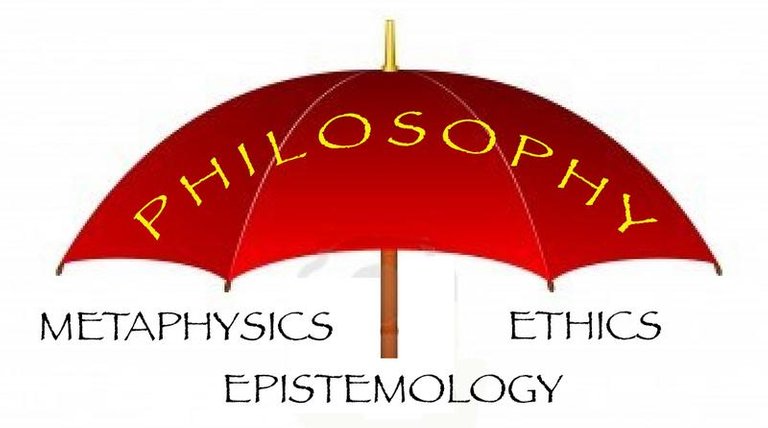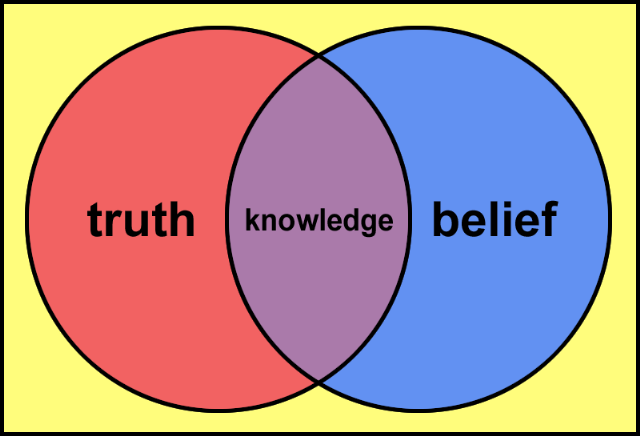Epistemology is the branch of philosophy that deals with knowledge. One major component in epistemology that traces back to Plato is the attempt to define what knowledge is. Traditionally, philosophers have defined knowledge as true, justified belief.
First and foremost, to say that knowledge is belief means that to know something, one must believe it.
Second, knowledge must be true because you cannot really know anything that is false. If something is false, one may very well believe it, and even know it. But, according to the philosophical definition, one doesn't really know it.
Third, real knowledge is justified, because your belief must have reasons. If you pick a number from 1 to 1,000, for example 461, and your friend guesses correctly 461, did that friend know you had chosen 461? Since he or she was merely correct by accident, it seems wrong to say he or she knew it. Knowledge cannot be accidental- there must be reasons for forming some true belief in order for that belief to count as knowledge.
Philosophers have also questioned whether all true, justified beliefs count as knowledge. For example, consider the following scenerio: You are driving through the countryside, and you observe a barn. You form the belief, "This is a barn." It is obviously a justified belief. It is a true belief. You have, in fact, just seen a real barn. However, unbeknownst to you, you are in Fake Barn County, most farmers don't build barns. They build the facades of barns. Therefore, the argument continues, it was not knowledge because you had observe a fake barn, you would have formed a false belief. Therefore, not all true beliefs are knowledge.
Edgar Gettier is credited for the fake barn example in his essay Is Justified True Belief Knowledge? His essay is only a few pages and revolutionized epistemology.
Philosophers are still up in odds over what further condition should be added to truth and justification for a belief to be considered as Knowledge.
The problem of skepticism and the problem of induction are still issues in epistemology.
Sources and further readings
Stanford University
University of Tennessee at Martin
Wikipedia


Peace, Abundance, and Liberty Network (PALnet) Discord Channel. It's a completely public and open space to all members of the Steemit community who voluntarily choose to be there.Congratulations! This post has been upvoted from the communal account, @minnowsupport, by SunnyEgo from the Minnow Support Project. It's a witness project run by aggroed, ausbitbank, teamsteem, theprophet0, someguy123, neoxian, followbtcnews, and netuoso. The goal is to help Steemit grow by supporting Minnows. Please find us at the
If you would like to delegate to the Minnow Support Project you can do so by clicking on the following links: 50SP, 100SP, 250SP, 500SP, 1000SP, 5000SP.
Be sure to leave at least 50SP undelegated on your account.